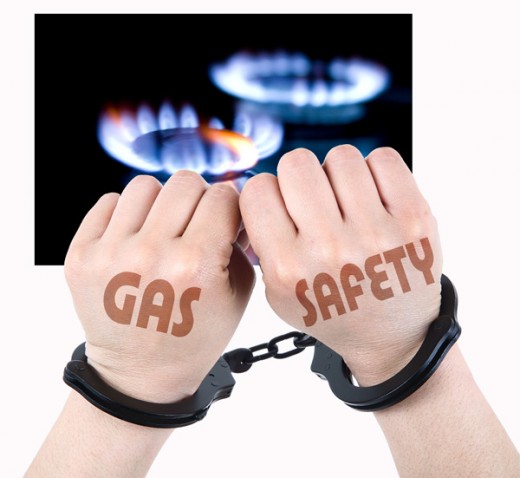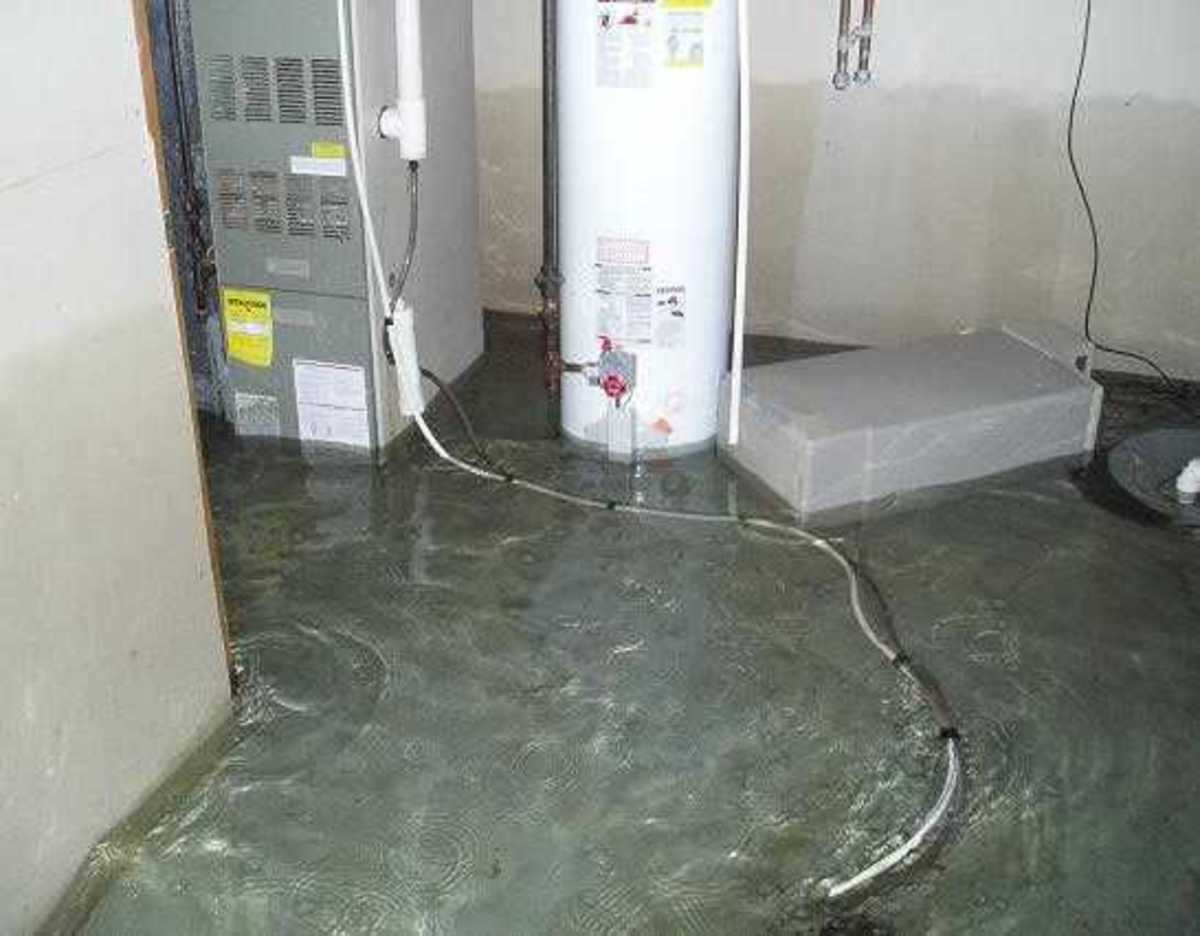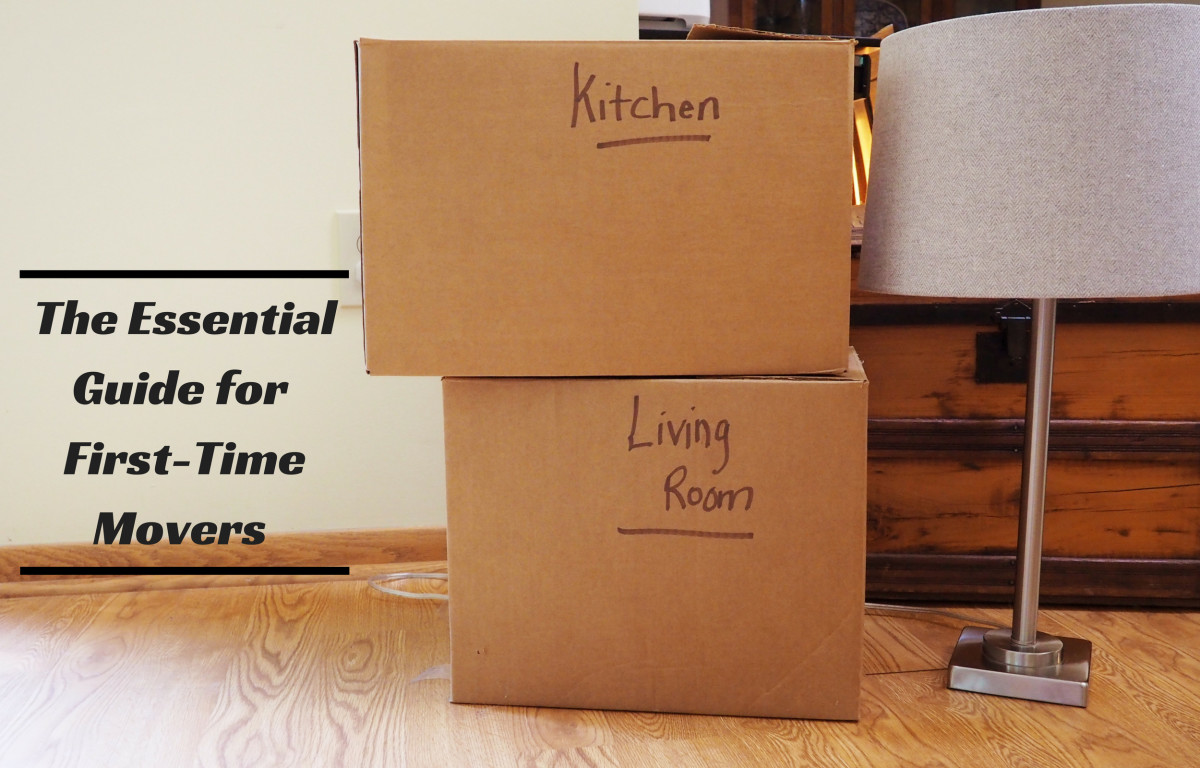The Dangers of Being a Landlord
If you are a property investor and landlord and rent a house or an apartment to tenants, you must observe what the law instructs you to do. Failure through ignorance or avoidance can lead you into very deep water – and sometimes, it can deliver a prison sentence.

While writing this article, I looked into the penalties issued to private sector landlords from courts this month and found, to my amazement, an alarming volume of them. Of these, one landlord had received court fines totalling £32,400 for a range of offences including managing an unlicensed house and ignoring fire regulations. Another received a 16-month prison sentence for putting his tenants in peril by breaching the gas safety regulations.
As we all know, ignorance is no excuse in the eyes of the courts. Although a small number of landlords fail to observe the rules, because to do so would cost them money – a great many more fall foul of the law simply because they don’t know the rules exist. In letting a property and (by default) running a property investment business, the liability to become aware of the legal framework involved falls squarely on the landlord’s shoulders.
There is no excuse for breaching the law – and the penalties for those that do are severe. Even though you might have a letting agent to manage the property and deal on a day-to-day basis with your tenant(s), this will not help you avoid suffering the repercussions of any breach of the law.
The following are just a few of the many laws and regulations that landlords must observe:
Harassment
It is illegal to harass a tenant. A court will decide what constitutes harassment based on individual circumstances, but in general, landlords should not attempt to manipulate a tenant into vacating a property or become a nuisance through excessive or abusive telephone calls, letter-writing or through any other medium. They also must not pester, bother or bully a tenant into making rent payments or procure or employ other people to harass the tenant on their behalf.
Harassment covers a wide range of actions. For example, it can include refusing to conduct necessary maintenance to the dwelling, intimidating the tenant or becoming a nuisance to them. Depending on the severity of the offence, a landlord can be fined thousands of pounds or be issued with a prison sentence or both. Other subsequent actions can be taken against the landlord and/or his agents by the local authority and by the tenant.
Illegal Eviction
Illegal eviction is a much more serious criminal offence and it carries with it even more serious consequences. Yet landlords sometimes undertake it without even knowing they have done it. Take the example of a landlord who decided to change the locks on his let-property after an attempted burglary, but repeatedly delayed passing replacement keys on to the tenant, despite knowing her temporary address. Or the landlord who discovered his tenant was in prison and whose rented flat he assumed he could re-let. Then there’s the landlord who took to remedy the situation after his tenant had fallen months into rent arrears – with little sign of anything ever being paid, he chose to forcibly evict them.
These examples of actual occurrences are all illegal actions and in each case the landlord received substantial fines, the tenants were all reinstated and in one case, the landlord was given a custodial sentence.
Gas Safety
The Gas Safety (installation and Use) Regulations 1988 make the landlord directly responsible for ensuring the safety of their tenants. Landlords must observe a strict procedure relating to gas pipes, meters and appliances, before they let a property. They must employ properly registered engineers to check gas appliances and installations are safe and they must acquire an annual gas safety certificate as evidence of the fact.
Landlords must also maintain adequate records of safety inspections and provide all incoming tenants with a copy of the certificate.
The Regulations are enforced by the Health & Safety Executive. Failing to comply is a criminal offence, punishable by severe fines and/or imprisonment. In the thankfully rare cases where a tenant has lost their life, the landlord can be charged with manslaughter. Additional civil proceedings can follow after a conviction and in these situations the additional penalties imposed are usually substantial.
Furnishings
Many landlords are not aware that in providing a furnished (or part furnished) tenanted property, they are in fact hiring out goods. These goods must comply with the relevant legislation and this includes the Furniture & Furnishings (Fire) (Safety) Regulations 1988, as amended in 1993. This means that (mainly) upholstered furnishings must be compliant with current fire safety laws.
Many novice landlords are surprised to discover just how many different types of ‘furnishings’ these regulations affect. For example, they not only relate to the more obvious things like bed mattresses, but also garden furniture that might possibly be used indoors and occasional scatter cushions and loose covers.
Failing to observe these regulations can be extremely costly. A landlord can be fined up to £5,000 for every item that does not comply. They can also receive a prison sentence and, in the event of a death occurring, they can be charged with manslaughter.
Electrical Safety
While there are no direct regulations that cover electrical safety in rented properties (unlike the same for gas safety), the law requires landlords to supply electrical installations and appliances that are safe for the designed use.
The laws relating to electrical safety are varied and lengthy. Perhaps amongst those that are most important are the Electrical Equipment (Safety) Regulations 1994 and of course the more widely applicable Consumer Protection Act 1987. I have long advised that landlords follow the same procedure for electrical safety as they do with gas safety, which means employing a suitably qualified electrical engineer to conduct a pre-tenancy inspection of the property and all electrical appliances supplied therein.
The law in this area is somewhat vague, but all encompassing – it simply states the property and the appliances must be ‘safe’, which means the only way of being certain they are safe is to hire an electrical engineer to confirm it.
In the event of a tenant or the local authority proving the landlord has not complied with the law, the landlord can be fined up to £5,000 per item and receive up to a six month prison sentence.
General Health & Safety Issues
Landlords who put their tenants health at risk can be financially punished – and they can receive a custodial sentence, if the breach is considered serious enough. The local authority can also step in and prevent the landlord from letting the property again, until necessary repairs or improvements are made.
Breaches of health and safety might exist in properties suffering from mould and damp (typically); but there are other less obvious examples, such as where a bathroom basin has a crack in it or where a broken window has not been replaced. Even something that seems very minor, like a protruding nail on a banister rail, can invoke the health and safety regulations.
A comprehensive property inventory and careful check-in and check-out procedure should help identify those areas of concern that need attention. Just make absolutely sure you follow due-diligence and don’t put your tenants at risk of injury.
Licensing and Registration
While licensing and registration of some landlords is now mandatory, as is the case with most shared houses that are classed as HMOs (Houses in Multiple Occupation), more and more landlords are falling under this regulatory umbrella. There is ‘selective licensing’ enforced by local authorities, whereby landlords in given areas or districts or even a single neighbourhood must be registered in order that they can let a property within it. Other local authorities are enforcing a licensing scheme for certain types of property, particularly in student ghetto areas.
There is also a strong proposal now being considered by government to regulate the whole of the private rented sector. Part of this will involve the mandatory licensing of all landlords.
Failure to comply with current requirements can prove expensive, as local authorities have the power to close down a property and prevent it from being re-let. Fines can also be apportioned. As the regime is currently somewhat haphazard across the UK, the best way of ensuring compliance is to contact your own local authority and ask about licensing and registration – to see whether you are likely to be affected.









